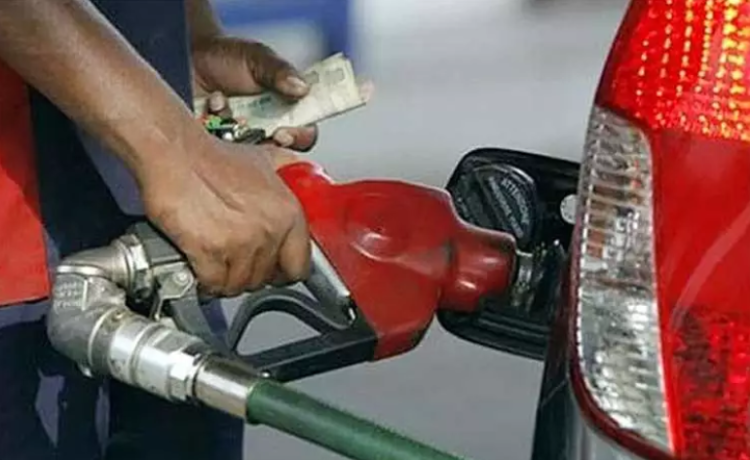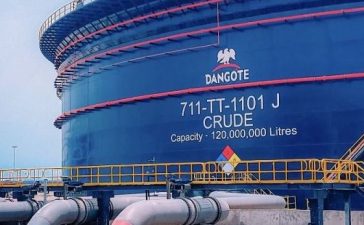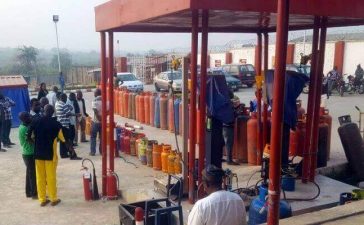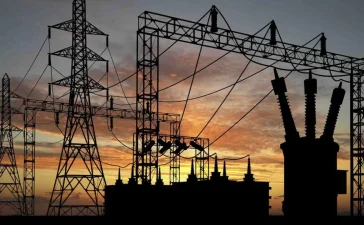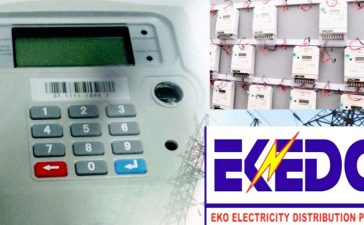In a move set to significantly ease petrol scarcity and bring potential relief to motorists, oil marketers in Nigeria have imported 156.897 million litres of Premium Motor Spirit (PMS) between April 8 and April 16, 2025, amid a steep decline in the landing cost of petrol, which now stands at ₦853 per litre.
This is according to official documents obtained by PUNCH from the Nigerian Ports Authority (NPA) and the Major Energies Marketers Association of Nigeria (MEMAN). The documents reveal that six cargo vessels carrying a combined 117,000 metric tonnes of petrol berthed at ports in Lagos and Calabar, signalling a deliberate push by marketers to stabilise supply.
Landing Cost Drops as Market Competition Intensifies
The ₦853 per litre landing cost—an important metric representing the cost of importing, transporting, and distributing fuel before it gets to filling stations—marks a further reduction from ₦856.75 recorded a week earlier and ₦852.02 seen last Tuesday. This drop is credited to a combination of falling global oil prices, a brief naira appreciation, and strategic pricing by the Dangote Refinery, which has resumed sales in naira and lowered its ex-depot price to ₦865 per litre.
The on-the-spot parity estimate, calculated using 38,000MT of petrol, placed the cost at ₦853.12 per litre, while the 30-day average fell to ₦844.84 per litre.
The Brent crude benchmark price used for this calculation was $64.76 per barrel, up slightly from $62.82, and the exchange rate used was ₦1,603.78/$1.
“International petroleum product prices declined after U.S. trade tensions with China signaled slowing demand. Despite fears of supply cuts, oversupply and weak industrial activity drove prices down,” the document explained.
Dangote’s Role: Resetting the Market
The Dangote Refinery, which briefly halted operations, resumed sales of refined petrol in naira and set the ex-depot price at ₦865 per litre, triggering a price war among marketers. Industry insiders note that Dangote’s ability to offer localized pricing is pushing importers to seek cheaper alternatives abroad, capitalizing on falling prices and temporary forex gains.
Additionally, the refinery’s gantry price was pegged at ₦926.58 per litre, while its coastal price for diesel (AGO) stood at $603.50 per metric tonne.
“As landing costs are tied to exchange rate and crude prices, costs are expected to fluctuate several times per day,” the report said. “Savings can be achieved via supply chain efficiencies, long-term import contracts, and economies of scale.”
Energy Outlook: Global Factors at Play
The decline in prices was also linked to a cooling of U.S.–China trade tensions, which initially caused uncertainty in global oil markets. The tariffs threatened industrial output and fuel demand, but the partial pause in tariffs led to a rebound in prices and confidence.
“The oil market’s recent volatility shows how demand-side fears now outweigh supply-side risks,” the Competency Centre noted.
Despite this positive trend, concerns remain around FX instability and delays in logistics, which continue to hamper import operations. Marketers are reportedly considering forward contracts and larger cargo deals to hedge against price swings.
What This Means for Nigerians
With petrol landing at ₦853/litre, pump price relief could follow—if logistics, distribution, and depot charges remain stable. However, FX volatility and profit margins for independent marketers still influence final pump pricing.
Still, the influx of 156.9 million litres within eight days is one of the most significant boosts to national fuel stock in recent months, potentially easing long queues and scarcity issues that had plagued several cities since March.
The combination of lower global oil prices, improved supply logistics, and competitive refinery pricing appears to be turning the tide in Nigeria’s downstream sector. As marketers continue to import and sell at reduced landing costs, and with Dangote Refinery asserting itself as a key player, the outlook for stable fuel prices is looking more promising.
However, as analysts warn, the long-term sustainability of these gains will depend on continued forex reforms, efficient port operations, and market transparency.

